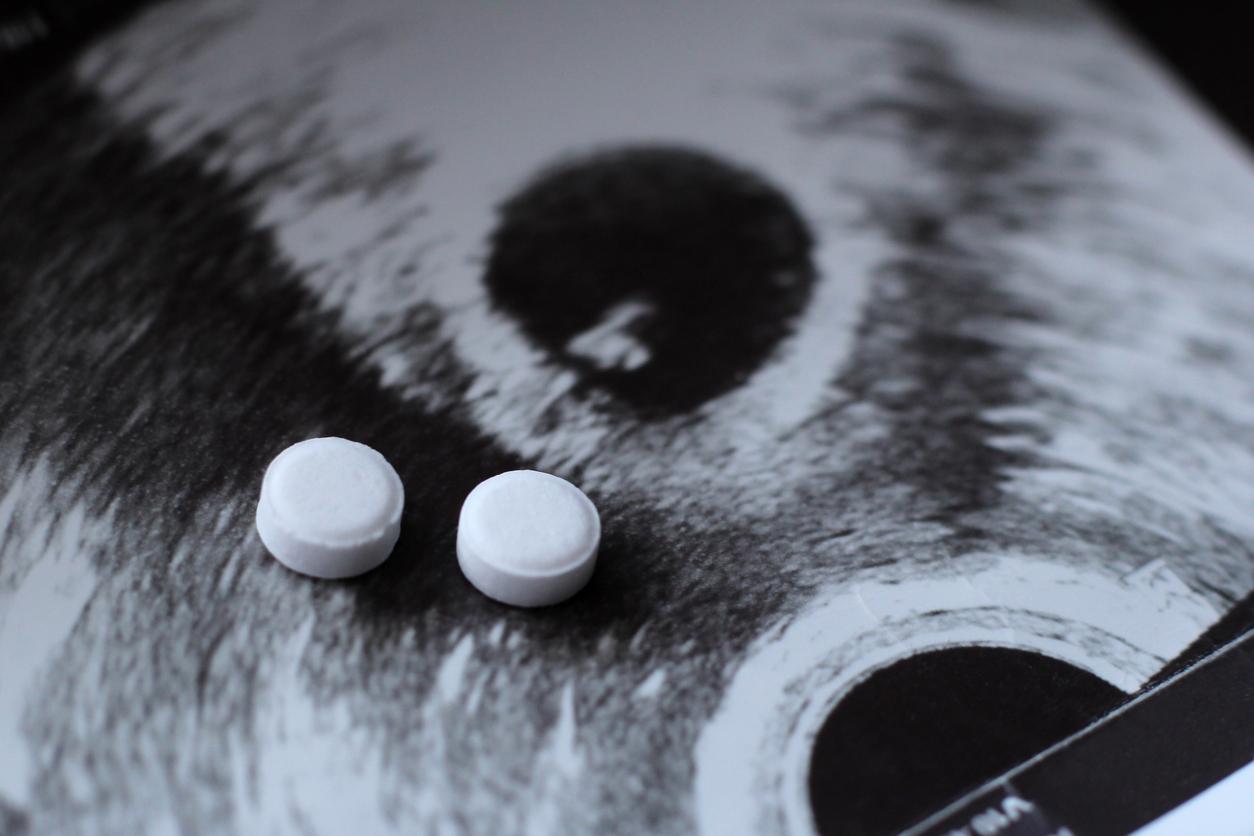It can occur in the third trimester of pregnancy and poses a risk to the unborn child. Cholestasis of pregnancy is a pathology of liver, rare, but difficult to diagnose. The term “pregnant” means that it affects pregnant women. Concretely, it occurs when liver cells (hepatocytes) allow bile acids to pass into the blood rather than concentrating them in the bile. Bile acids are made in the liver from cholesterol, and are intended to be released into the intestine to aid in the digestion of fat.
Jaundice, itching and fetal distress
And this increase in the level of bile acids in the blood causes severe itching in the mother, in the form of pruritus, especially in the extremities of the limbs (feet and hands) and jaundice (or jaundice) which gives her skin a yellow coloration. The fatigue associated with these symptoms is often severe, but cholestasis poses little risk to the health of the mother and goes away after childbirth. In contrast, “cholestasis of pregnancy has two major risks for the unborn child: fetal death, and prematurity“warns Doctor Jacques Faidherbe, obstetrician gynecologist at the Arnaud de Villeneuve university hospital (CHU) in Montpellier, and vice-president of the National Union of Gynecologists and Obstetricians of France (Syngof). As soon as cholestasis is diagnosed, everything is in question timing. “If we induce pregnancy too early, we risk prematurity of the baby. But if it is triggered too late, the danger is fetal death in utero.“explains the gynecologist. The doctors will trigger childbirth or will practice a cesarean from the 36th week of pregnancy.
Genetic, dietary and environmental factors
The prevalence of cholestasis of pregnancy varies by region of the world. It is very common in South America, especially in Chile, where it can affect up to 10 cases per 100 pregnant women in some regions of the country. In Europe, it affects 0.5 to 1% of pregnant women depending on the country. While physical symptoms in the mother can set the stage, it is not always easy to diagnose cholestasis of pregnancy with certainty. “As few blood factors are disturbed, only an assay of bile salts in the blood can confirm or deny the diagnosis.“emphasizes Dr. Faidherbe. But what are the causes of such a pathology? Several genetic, food and environmental risk factors come into play. First, from a genetic point of view, there may be a defect in the digestive enzymes which causes a disturbance in the secretion of bile, exacerbated during pregnancy.certain circumstances such as twin pregnancies (when the woman is pregnant with twins) or taking progestins increases the risk of cholestasis of pregnancy in pregnant women“specifies Doctor Jacques Faidherbe. There is also a seasonal variation:”It seems that pregnancies entering their 3rd trimester in winter are at greater risk of cholestasis of pregnancy“adds the gynecologist. But too many factors intervene to be able to predict this risk in a given woman.
Medicines for cholestasis of pregnancy?
However, a woman who has had cholestasis of pregnancy during pregnancy is more likely to induce a new one for subsequent pregnancies. The risk of recurrence is indeed 90%, largely due to the genetic factor. To minimize the risk, doctors recommend in this case a liver test and a fasting bile acid test from the fourth month of pregnancy. If these examinations are indicative of cholestasis, the doctor may offer the pregnant woman treatment with ursodeoxycholic acid before symptoms appear. This medicine appears to reduce the amount of bile acids in the blood by dissolving them. However, when symptoms are already present, “this medicine can reassure but will not replace the induction of childbirth“reveals Doctor Faidherbe.”And it could work for 15 days but, in general, when you diagnose cholestasis of pregnancy, you are taken for time. Several clocks are running at the same time: pregnancy, physiological elimination and hepatic cycles“develops the gynecologist. Because the bile salts are present in the two blood compartments: that of the mother, and that of the fetus. Even if they are purified in the blood of the mother by ursodeoxycholic acid, they are not. always in that of the unborn child.The risk of fetal death is then always present and justifies the initiation of childbirth.
Sources:
- Interview with doctor Jaques Faidherbe, obstetrician gynecologist at the Arnaud de Villeneuve university hospital (CHU) in Montpellier, and vice-president of the National Union of Gynecologists and Obstetricians of France (Syngof).
- Syngof review n ° 91 – Cholestasis of pregnancy, by doctor Jacques Faidherbe
- Cholestasis in pregnancy: the point in 2011 by Doctor Sophie Hillaire, gastroenterologist. HEPATO-GASTRO and Digestive Oncology review.
>> To read also:
Improve the follow-up of pregnant women by a biological diagnosis
In China, a baby is born with the heart out of its chest
Unusual: the first smartphone pregnancy test
An American doctor invents “the” ideal playlist for giving birth
















